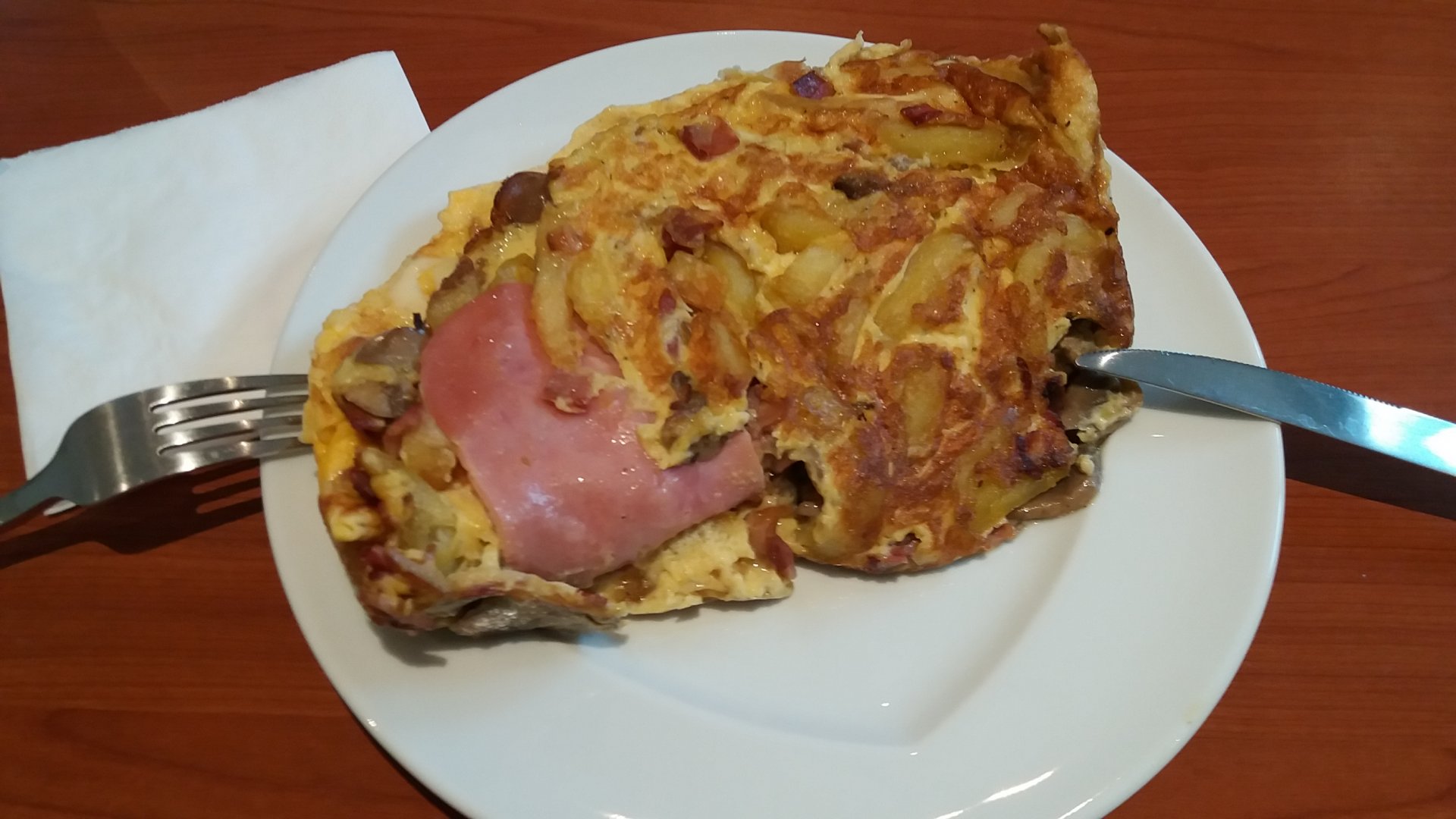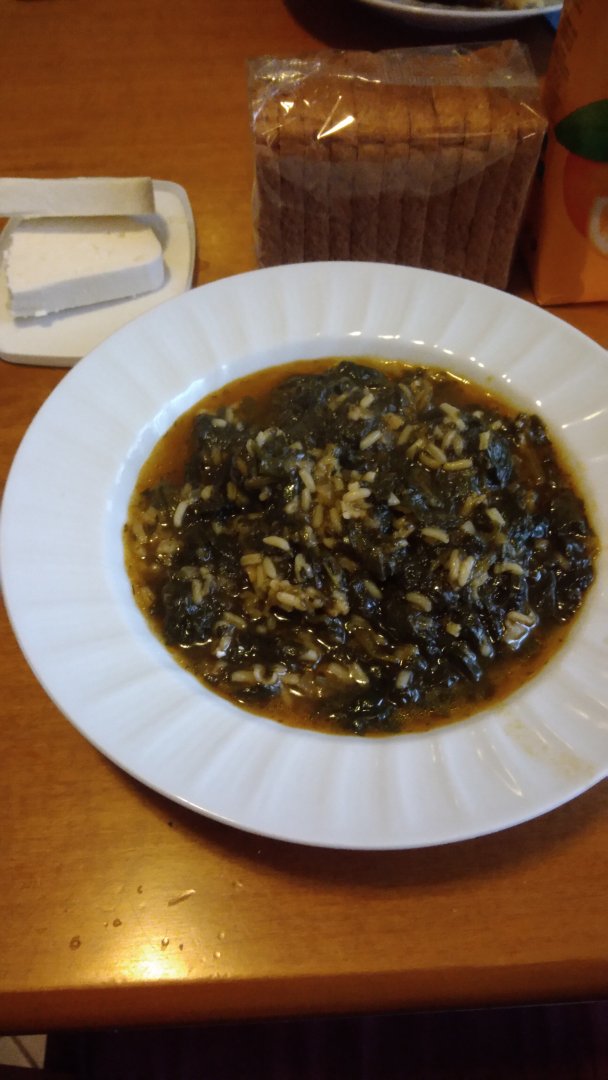D
Deleted member 23222
Guest
Ωχχχχ....Ο τραχανάς κι αν ρουφάει νερό!
Χύτρα ταχύτητας δεν είχα ποτέ, δεν ξέρω αν πάρω κάποια γιατί έχω συνηθίσει στο παραδοσιακό μαγείρεμα στην κατσαρόλα.
Τώρα κατάβα ότι ήταν τραχανάς αυτό που έφτιαξες....
Πάντως δεν πήγαν τσάμπα όσα σου είπα για τις χύτρες...
Εφόσον ο ίδιος φροντίζεις για το φαγητό σου, θα σου λύσει τα χέρια, εάν ο χρόνος σου είναι περιορισμένος!!









